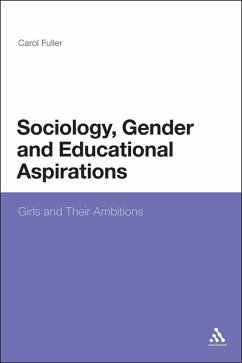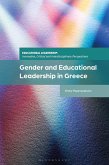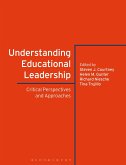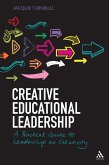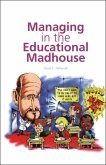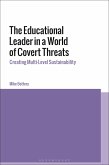Debate on the effects of class on educational attainment is well documented and typically centres on the reproductive nature of class whilst studies of the effect of class on educational aspirations also predict outcomes that see education reinforcing and reproducing a student's class background.
Despite a number of government initiatives to help raise higher education participation to 50% by 2010, for the working class numbers have altered little. Using data from an ethnographic case study of a low-achieving girls school the author explores aspirations and argues that whilst class is very powerful in explaining educational attainment, understanding educational aspirations is somewhat more complex. The purpose of this book, therefore, is to question and challenge popular assumptions surrounding class-based theory in making sense of girls aspirations and to question the usefulness of the continued over reliance of such broad categorisations by both academics and policy makers.
Despite a number of government initiatives to help raise higher education participation to 50% by 2010, for the working class numbers have altered little. Using data from an ethnographic case study of a low-achieving girls school the author explores aspirations and argues that whilst class is very powerful in explaining educational attainment, understanding educational aspirations is somewhat more complex. The purpose of this book, therefore, is to question and challenge popular assumptions surrounding class-based theory in making sense of girls aspirations and to question the usefulness of the continued over reliance of such broad categorisations by both academics and policy makers.

